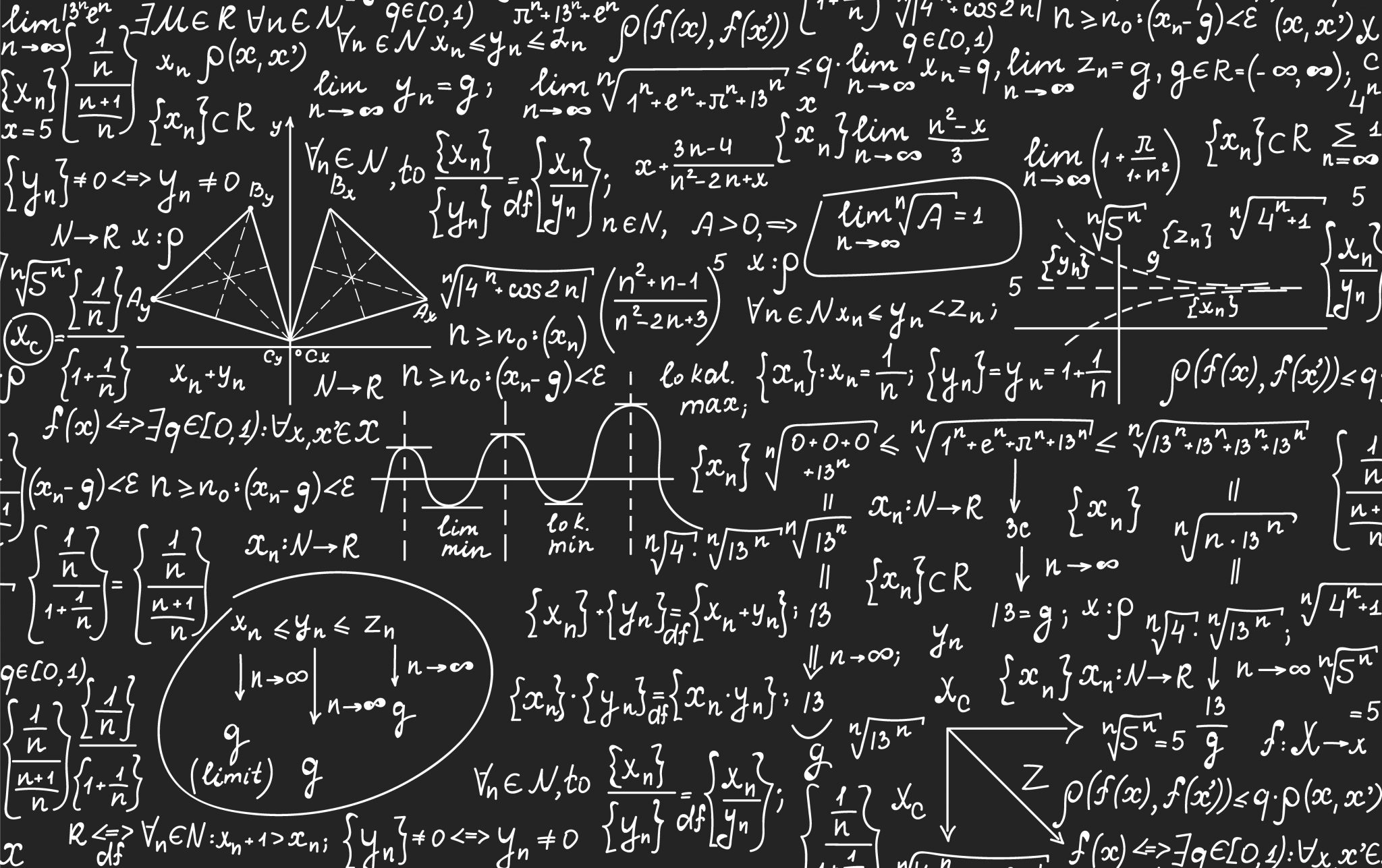As National Numeracy Day approaches, Jennifer Shearman considers a world where no-one is afraid of maths.
It’s National Numeracy Day and its organisers, National Numeracy, is marketing it as ‘the Couch to 5k app for numbers’. We are urged to get up from our comfy numbers-free couches, shedding our number inhibitions and confronting mathematics head on.
Over three-quarters of working age adults have everyday maths skills below the ‘standard pass’ rate at GCSE. These people are at a disadvantage in the job market; growth industries such as Information Technology and Computing, Construction, Pharmaceuticals and Aeronautics all require a highly numerate workforce. Graduates (in any degree subject) with an A* in mathematics at GCSE earn, on average £15,000 more per year than those with a C grade. It’s harder if you are a girl; despite achieving higher marks in mathematics at age 11 and reporting as working harder than boys, girls are much likely to believe they are ‘good’ at maths or that a career involving mathematics is ‘for them’.
We also remain resolutely scared of maths. Five percent of us are so afraid of numbers it affects our confidence to read timetables, check our change, or question whether that ‘once in a lifetime finance opportunity’ really is in our best interests.
Equating maths with speed doesn’t help; while it is perfectly acceptable to dither about choosing pepperoni pizza or spaghetti bolognese from the menu, splitting that restaurant bill seven ways is something that must be done quickly.
My third year Education Studies students explore all this as part of ‘Maths in Society’. They have bravely confronted their anxiety through exploring the structure of number, reflecting on maths anxiety research and considering why it is easier to do maths with a teddy than a teacher as part of the Epistemic Insight project.
And times (tables), they are a’changing. I visit lots of schools who are doing maths differently. The Maths Hubs programme, funded by the DfE and run with the NCETM, provide free or low-cost professional development for teachers of mathematics, including the flagship Teaching for Mastery programme. Teaching for Mastery is built on the premise that ALL children can do maths. Children learn together, and children who find maths difficult, or scary, sit next to each other and work on the same maths together.
Teachers break down the learning into small, manageable steps, and open up the structure of mathematics for all to see. Instead of doing twenty ‘3+2=?’ examples, children consider ‘the fiveness of five’. The equals sign becomes a symbol for equivalence rather than an instruction to ‘do some calculating’. Older children explore multiplication of fractions (for example x) by understanding their structure (2 multiplied by multiplied by 3 multiplied by ¼) and noticing that 3 x is the same as 1, so the answer must be 2 lots of ¼, or ½. Children talk about maths being interesting, fun and logical. Teachers are enthusiastic about ‘talking maths’ in the staffroom and watching each other’s lessons to learn, not to be judged. Maths is explored, not feared or avoided. This is encapsulated in CBeebies’ Numberblocks; the characters don’t DO maths, they ARE the maths.
Oh, and after the module my year three students are smashing their QTS numeracy tests. And their assignments aren’t bad either. But how would I know? I was never good with letters.
Jen Shearman is a Senior Lecturer in Secondary Mathematics Education in the Faculty of Education. She is the principal evaluator for the National Centre of Excellence in Teaching Mathematics. She can be contacted at Jennifer.shearman@canterbury.ac.uk or @jenshearman
 Expert comment
Expert comment Emma Grafton-Williams
Emma Grafton-Williams 1665
1665


